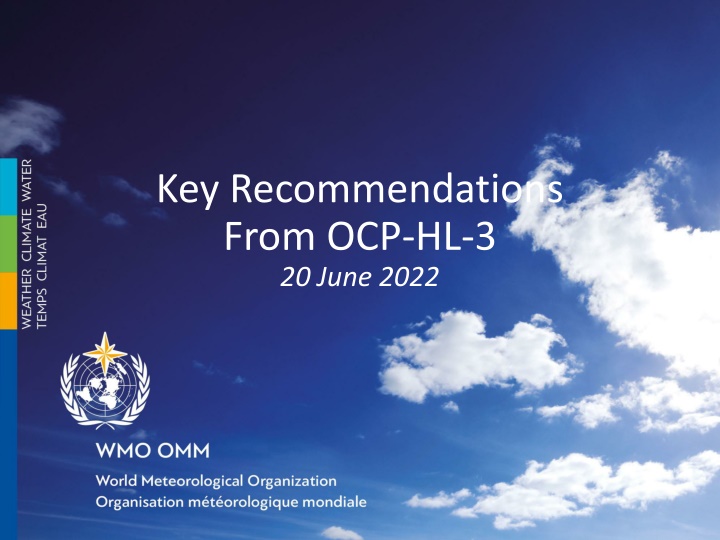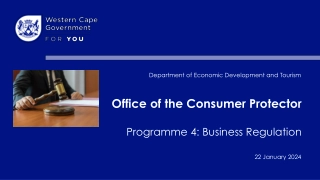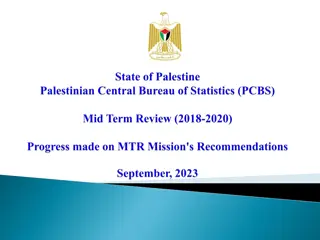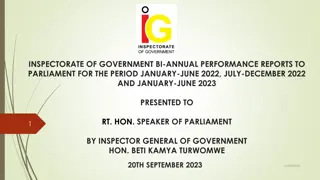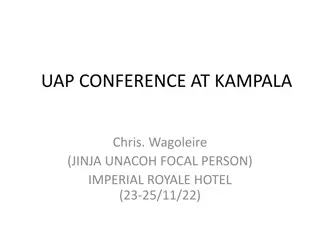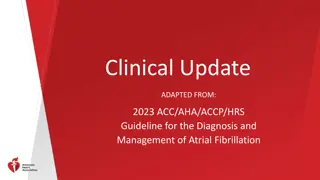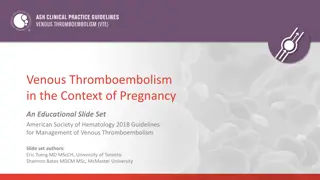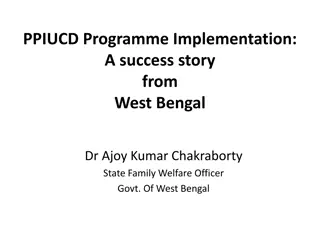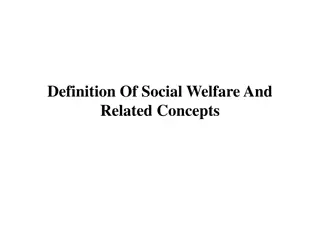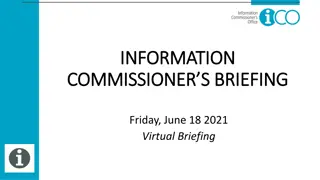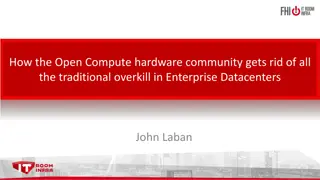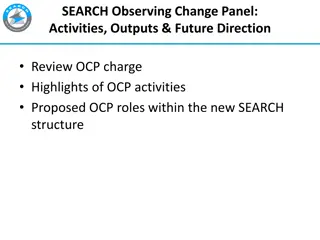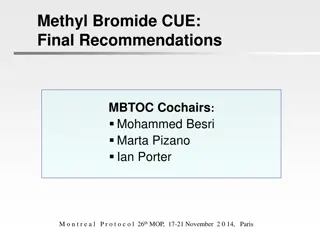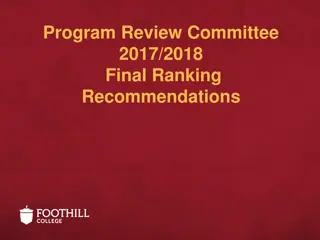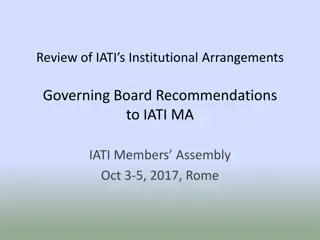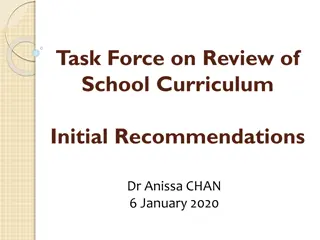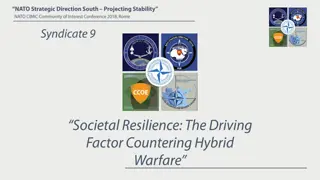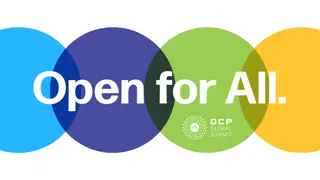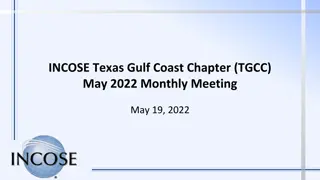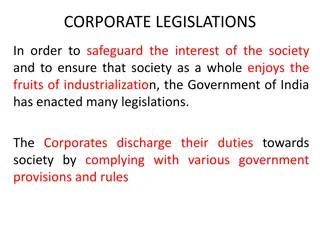Enhancing Societal Benefits: Key Recommendations from OCP-HL-3, June 2022
NMHSs, research, and the private sector are fostering partnerships to enhance societal benefits. Policies, legislation, and sustained funding are crucial for the sound development of meteorological services. NMHSs must evolve, emphasize socioeconomic needs, and establish win-win partnerships. WMO's role in promoting international collaboration and partnerships is essential for advancing meteorological services globally.
Download Presentation

Please find below an Image/Link to download the presentation.
The content on the website is provided AS IS for your information and personal use only. It may not be sold, licensed, or shared on other websites without obtaining consent from the author.If you encounter any issues during the download, it is possible that the publisher has removed the file from their server.
You are allowed to download the files provided on this website for personal or commercial use, subject to the condition that they are used lawfully. All files are the property of their respective owners.
The content on the website is provided AS IS for your information and personal use only. It may not be sold, licensed, or shared on other websites without obtaining consent from the author.
E N D
Presentation Transcript
Key Recommendations From OCP-HL-3 20 June 2022
Key Messages (I) NMHSs, research and the private sector continue to benefit mutually from their individual strengths through partnerships, jointly enhancing the overall societal benefits offered. Even the largest NMHSs are seeking to partner widely at every step of the value chain. Opportunities for innovative public-private partnerships around the use of technology are expanding in different parts of the value chain, for example: oAround ownership/operation of core high-performing computing infrastructure (HPC), software; oTo improve research for weather/climate/environment challenges; oTo improve applicability and usefulness of data for users downstream; oTo improve access to digital skills for NMHSs; oAutomated observations, to free personnel resources for more value- added tasks in the core mission of the NMHS.
Key Messages (II) Rapidly changing environment has underlined the need for policies and legislation, including national regulation. Such frameworks provide a clear legal basis and consistent rules for meteorological services, and supports the sound development of meteorological services across industry, academia, and government. Need to institutionalize sustained funding for operations. Private sector, other partners can help advocate. Legal and policy frameworks also ensure that NMHSs will be regarded as vital components of national resilience and as the authoritative source of relevant data and information.
Key Messages (III) NMHSs must continually evolve; emphasize how they serve socioeconomic needs; develop digital strategies and research avenues. The NMHS Director role is now even more outward looking, to help facilitate win-win partnerships with other government agencies and the private sector, so that the impact and value of the NMHS can be better understood and realized. With the new WMO Unified Data Policy, NMHS directors have the opportunity to redefine the importance of the NMHS as the hub for for reliable, rapid and unrestricted foundational data distribution. Successful arguments for partnerships and free and unrestricted data exchange: Our ability to monitor and forecast weather/environment for our nation, and which generates billions of dollars of annual revenue, is completely based on our ability to access international data when we need it, in a format that we can use, and with the necessary assurances that we can trust it. Must share to receive.
Key Messages (IV) Role of WMO: Helpful to have WMO focus on building inclusive international and regional collaboration and partnerships, to achieve win-win outcomes. The future role of WMO in supporting Public-Private Enterprise could include: Identifying the public interest; Pursuing the common progress of Members capabilities; Formulating international guidance for all entities to jointly improve global meteorological service capabilities.
Thank you Merci
